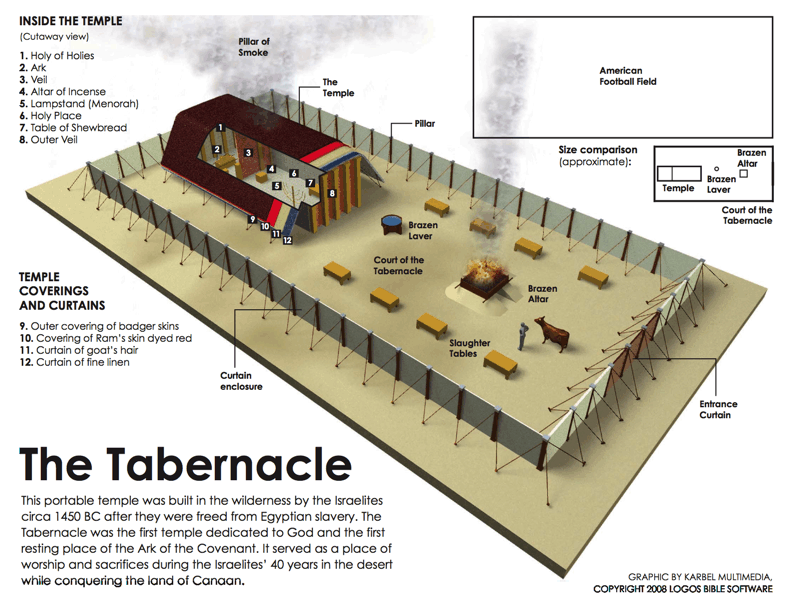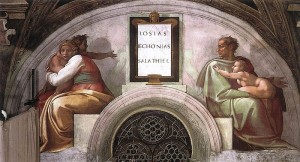
We saw earlier in Chapter 2 the “acts” the early church was engaged in, in Acts 2:42 it says (paraphrasing) they continuously devoted themselves to the apostle’s doctrine, to fellowship, breaking bread, and to prayer.
Here, we can see for characteristics the early church exhibited:
- Boldness – To Preach under duress
- Urgency – Not waiting for someone else
- Obedience – To God
- Courage – Knowing whom to fear.
| Acts 4:1 | In the gospels, the primary opponents of Jesus was the Pharisees, fundamentalists, traditionalists. In fact, many Pharisees are converted, (Saul for instance).The Sadducees vigorously opposed the resurrection, they had their own concept of truth. In could care less, very liberal, love peace, be nice and so on. |
| Acts 4:2 | Why are these groups upset about the Resurrection of the dead?
A) The Sadducees didn’t believe in it. (Mat 22:23). The Sadducees appear to be skeptics, using the pretense of religiosity as a device to dominate and aggregate political power.
B) The Apostles usurped the priestly function of being teachers, as were the Sadducees. Like the Sadducees, their power was in their teaching magisterium, not unlike Roman Catholicism, and gnostic cults that gain power by persuading people to follow them because of their revelations. |
| Acts 4:3 | Recall this began around 3 in the afternoon. They had probably been there some time |
| Acts 4:4-6 | They heard the Word, right on! Mat 16:18 shows us the need to allow Jesus to build His church.Annas was deposed by Rome in 25AD although president of the Sanhedrin. Caiaphas was his son-in-law, although it is quite possible the body considered Annas the real high priest. It’s a bit odd, as Numbers 3:10 called the position to be for life. |
| Acts 4:7 | Consider the ones asking the question, the same ones two months previous who questioned Jesus. |
| Acts 4:8 | And now, the old weak Peter is about to read these same guys the Riot Act. So instead of being by the enemies fire in intimidation, he is lit by the fire of the HS.And when we are on fire, we will inevitably find ourselves under fire, (Eph 6:10 ff) |
| Acts 4:9 | Look at Peter, wow, what a change! |
| Acts 4:11 | Psalm 118:22. – We are called living stones, and we are being quarried here in the quarry, being perfectly carved together. This is a basic tenet of life, and there is going to be chafing and hurting, etc. as we are sanctified. This is our preparation.And now Peter nails it to the wall as the rejected cornerstone, Jesus, Dan 2:34-35, 45 |
| Acts 4:13 | Right on! What a parallel to today, with our apostate seminaries. But the key is being with Jesus. And just been, but are with Jesus.Moses spent time with God. Woe Moe, your face is aglow! But look at Moses. The way to put down the Law is to spend time with Jesus, then we have the authority to lay down the Law. We must be glowing.And time spent with Jesus, in prayer and in the Word, gives us the confidence borne of the Holy Spirit. Don’t leave home without it. |
| Acts 4:14-18 | A wonderful apologetic argument. And the man healed stood with Peter and John. The only true test of friendship is staying there in the breach when the chips are down. And we can evaluate our friendship with Jesus when the same circumstances happen. We are the lame man, will we stand by the Lord as this lame man did?But as we see,. this argument had no documented effect on these leaders. Miracles do not make converts, they bring one to a decision. |
| Acts 4:19 | Here is the exception. In most other things, we are to obey our God-appointed rulers. Here, since they oppose God’s orders Mat 28:20-21, they ought to be and were in fact, opposed. |
| Acts 4:20-24 | Would to God that I could not stop talking about Him. How is this? |
| Acts 4:25-29 | Psalm 2:1-2 |
| Acts 4:34-37 | Lev 27:16 |
Memory Verse:
Acts 4:12“ – And there is salvation in no one else; for there is no other name under heaven that has been given among men by which we must be saved.”


